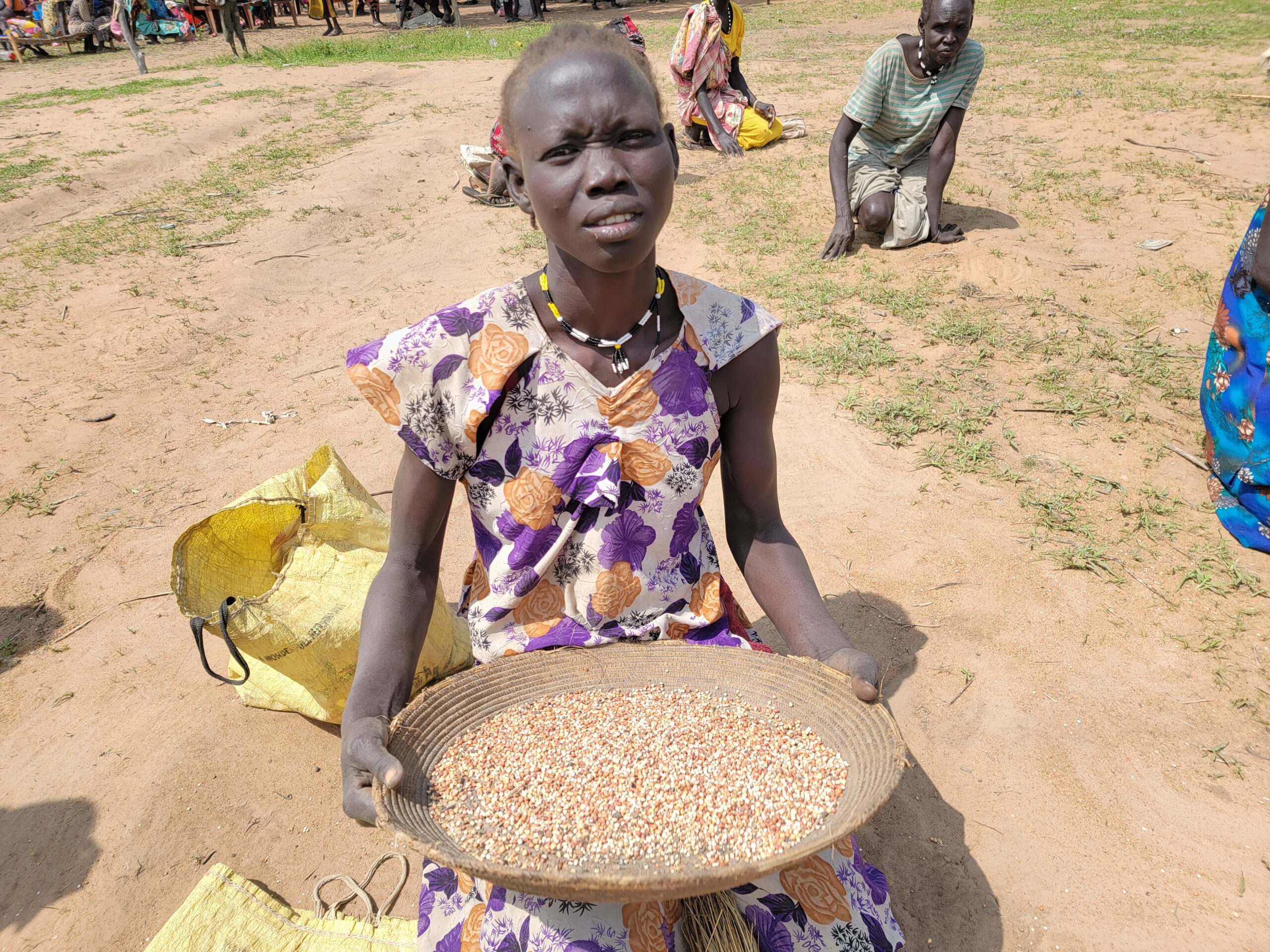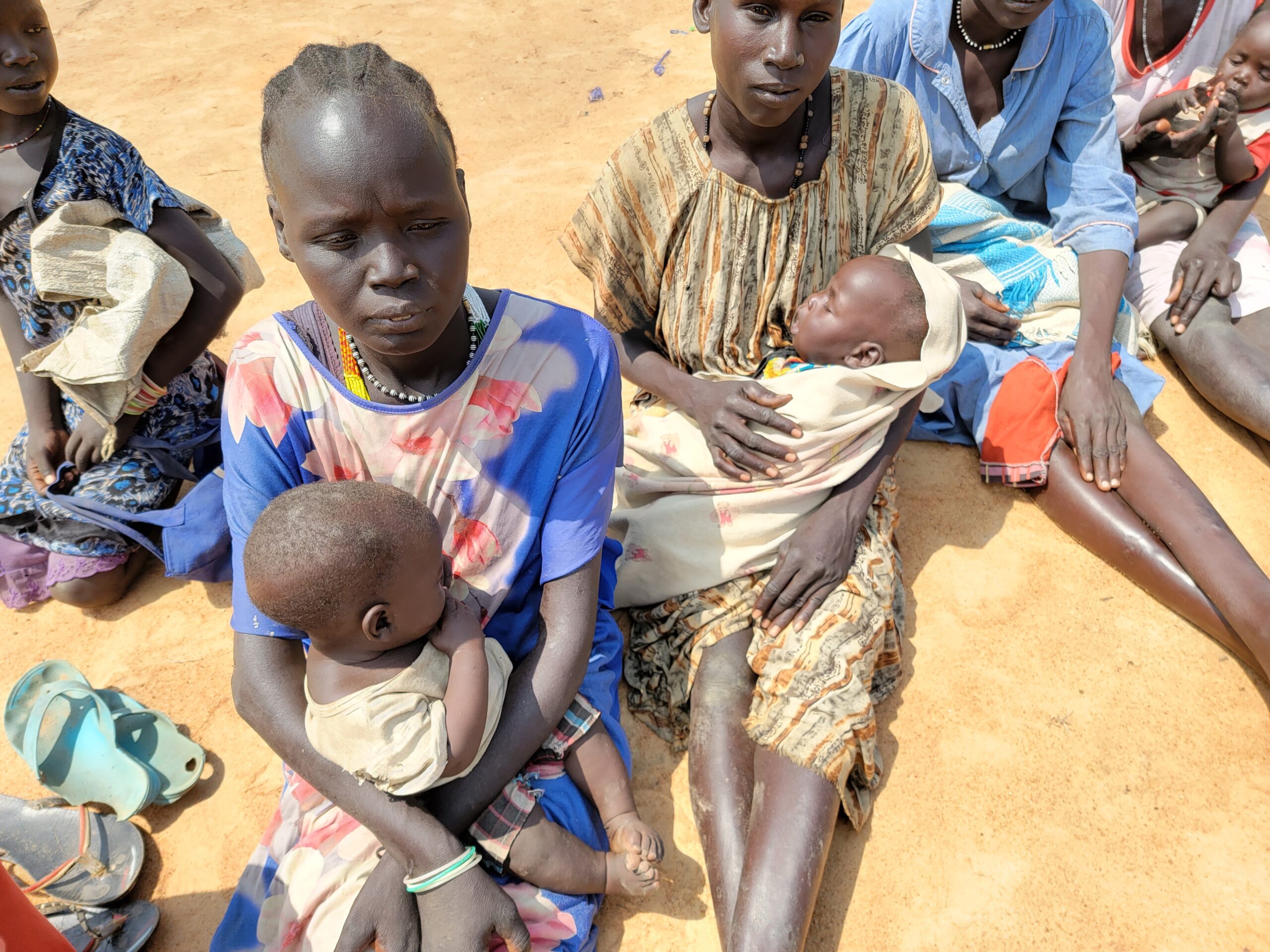With the prospect of famine looming over South Sudan, CSI project manager Franco Majok coordinated a major food aid operation in July. In total, CSI distributed over 200 tons of sorghum.




The Covid 19 pandemic and the war in Ukraine have caused food prices to rise around the world. In South Sudan, the price of a loaf of bread is now three times what it was. In addition, the failure of harvests has contributed to a food shortage. As a consequence, many people eat just one meal a day.
Unprecedented hunger
As Franco Majok explains, South Sudan imports most of its food from abroad. In recent years, the UN World Food Programme (WFP) has provided additional support to feed the poorest of people. But the food distribution program was stopped in mid-June 2022 owing to a lack of funds.
The suspension of aid came at the worst possible time for the people of South Sudan, as the country is facing a year of unprecedented hunger. According to some estimates, 1.7 million people could face famine.
“Those most affected are families in remote areas. If no help comes, they are threatened with starvation”, says Majok.
The situation is particularly precarious this year because the seed time coincided with a drought. The rainy season, in turn, brought heavy floods that destroyed large parts of the harvest.
Food distribution in remote areas
Following the withdrawal of the WFP, CSI was the only organization distributing food in the two South Sudanese states of Northern Bahr el-Ghazal and Warrap in July. In Northern Bahr el-Ghazal, a total of 145 tons of sorghum (a type of millet) was distributed from July 21 to 27.
“We distributed 25 kilograms of sorghum each to a total of 5,800 hungry families”, says Majok. “Many people in need walked for days to reach one of the distribution centers – even though they were very weak due to malnutrition”.
In neighboring Warrap, 30 tons of food were distributed to the suffering population.
CSI also donated food to starving people across the border in Sudan. In the mountainous region of Nuba, where many Christians and moderate Muslims live, 15 tons of sorghum were distributed. In the disputed border area of Abyei residents received 20 tons of sorghum.
No incidents
Although CSI always obtains the permission of the authorities before a food distribution, Majok has sleepless nights beforehand, especially at the thought of the heavily loaded transport vehicles coming under attack by robbers.
So he is grateful that the big sorghum distribution went off without a hitch, bringing relief to thousands of hunger-stricken people.
However, the food crisis in Northern Bahr el-Ghazal and Warrap is not over yet. “The critical phase will continue up to and including the first week of September”, Majok warns.

